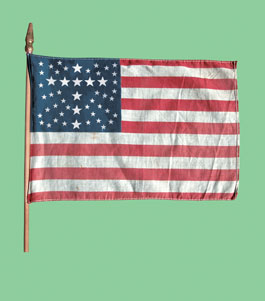Glenn Beck's rally was large, vague, moist, and undirected—the Waterworld of white self-pity.
By Christopher Hitchens
This summer, then, has been the perfect register of the new anxiety, beginning with the fracas over Arizona's immigration law, gaining in intensity with the proposal by some Republicans to amend the 14th Amendment so as to de-naturalize "anchor babies," cresting with the continuing row over the so-called "Ground Zero" mosque, and culminating, at least symbolically, with a quasi-educated Mormon broadcaster calling for a Christian religious revival from the steps of the Lincoln Memorial.
In a rather curious and confused way, some white people are starting almost to think like a minority, even like a persecuted one. What does it take to believe that Christianity is an endangered religion in America or that the name of Jesus is insufficiently spoken or appreciated? Who wakes up believing that there is no appreciation for our veterans and our armed forces and that without a noisy speech from Sarah Palin, their sacrifice would be scorned? It's not unfair to say that such grievances are purely and simply imaginary, which in turn leads one to ask what the real ones can be. The clue, surely, is furnished by the remainder of the speeches, which deny racial feeling so monotonously and vehemently as to draw attention.
This is completely related to the subjects I keep harping on--e.g., our love of Indian mascots and other Native stereotypes and our fetishization of holidays such as Thanksgiving and Columbus Day. It's all about asserting that white Christians founded, built, and own America.
For more on the subject, see Tea Party Believes in Taking and Angry White Christians Want Country Back.

